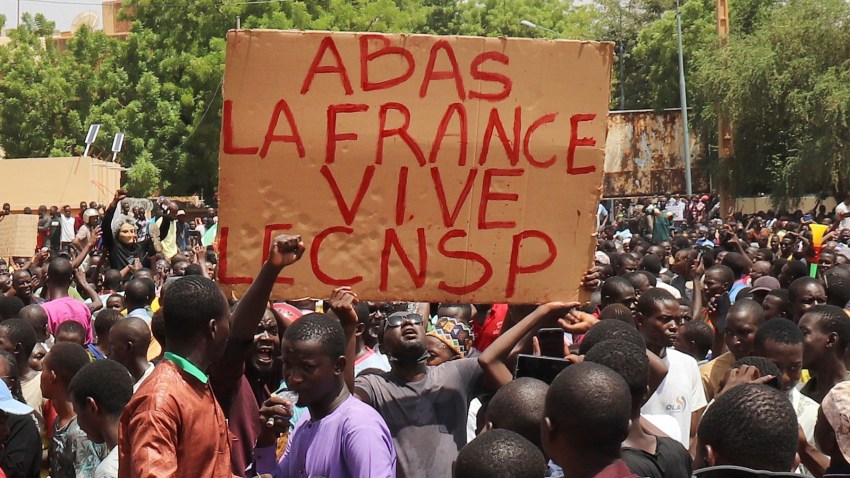In the past two weeks, the coup in Niger has snowballed into a confrontation pitting civilian-led states against military juntas in West Africa, leaving jihadist insurgents that have seized large swathes of territory in Mali and Burkina Faso poised to take advantage of the turmoil. But the standoff between the Economic Community of West African States, or ECOWAS, and the military-led regimes in neighboring Sahel countries is a symptom of broader dysfunctions in the global system that underscore the need for the European Union and its member states to reassess their approaches to foreign policy.
Over decades, flawed strategic choices by EU member states as well as local actors have contributed to a rising tide of instability that has turned the Sahel into a global flashpoint. The behavior of domestic and external actors has been shaped by destructive colonial legacies and postcolonial patronage systems that reinforced clientelist authoritarianism. Now the challenges generated by the creeping collapse of these power structures provides three key lessons for European policymakers.
The most visible one pertains to how the remnants of neocolonial networks that sustained European influence long after formal imperial rule ended in African states are close to a breaking point. The durability of links between French military and corporate interests and well-connected local elites enabled France to act as primary security guarantor in much of Africa until as recently as several years ago. But that generated complacency within EU institutions over the stability of the system widely known as “Francafrique.”

